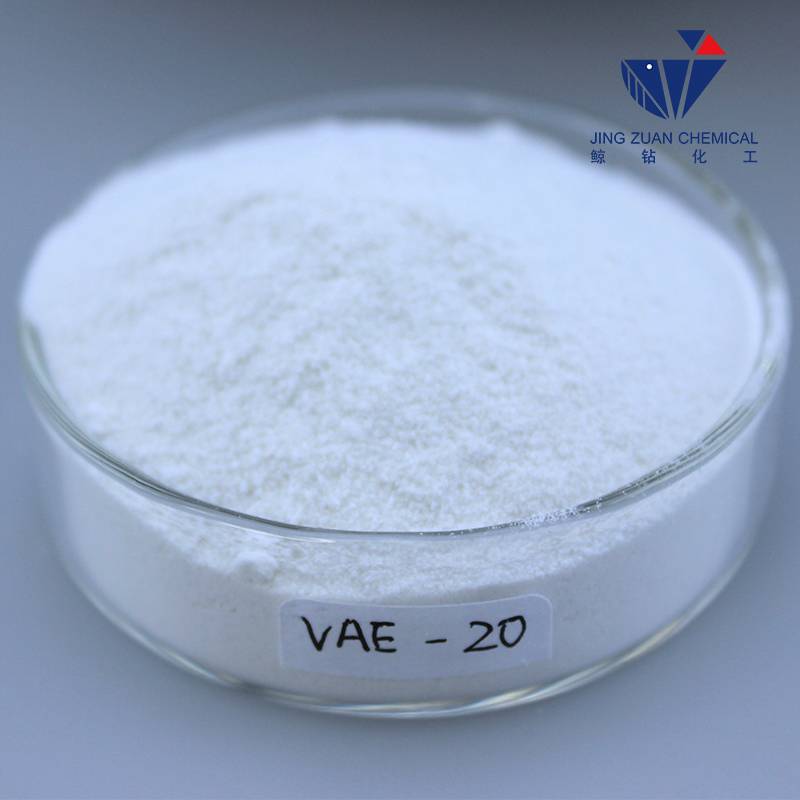
ส.ค. . 20, 2024 18:23 Back to list
Suggestions for HPMC Suppliers and Their Product Offerings
HPMC Suppliers Navigating the Market for Quality Hydroxypropyl Methylcellulose
In the modern world of materials science and chemical engineering, Hydroxypropyl Methylcellulose (HPMC) has carved out a distinctive niche. Known for its versatility and wide range of applications, HPMC is a cellulose ether that has garnered significant attention across various industries including pharmaceuticals, construction, food, and cosmetics. As demand for high-quality HPMC grows, the role of reliable HPMC suppliers becomes increasingly critical.
Understanding HPMC
HPMC is a white, odorless powder that is soluble in cold water but not in organic solvents. Its properties allow it to act as a thickening agent, binder, film-former, and stabilizer. In the pharmaceutical industry, HPMC is widely used as an excipient in tablet formulations, providing controlled release capabilities. In the construction sector, it serves as a crucial component in mortar and joint compounds, enhancing workability and water retention. The food industry utilizes HPMC as a thickener and emulsifier, contributing to improved texture and stability in various products. The cosmetic industry leverages its film-forming properties to create lotions and creams with desirable consistency.
The Significance of Reliable HPMC Suppliers
Given the expansive applications of HPMC, sourcing high-quality materials from reputable suppliers is of paramount importance. Not all HPMC products are created equal; variations in chemical composition, viscosity, and purity can significantly influence end-product performance. Therefore, businesses must carefully evaluate potential suppliers to ensure they meet stringent quality standards.
Factors to consider when assessing HPMC suppliers include
hpmc supplier

1. Quality Assurance Reputable suppliers often follow stringent quality control processes and adhere to international standards such as ISO certifications. This ensures that the HPMC they provide is consistent and reliable.
2. Technical Support A knowledgeable supplier should be able to provide comprehensive technical support, including guidance on formulation and application. This expertise is invaluable, particularly for industries where precise specifications are critical.
3. Customization Options Different applications require different grades of HPMC. A good supplier should offer a range of products or the capability to customize formulations to meet specific needs.
4. Sustainability Practices Businesses are increasingly prioritizing sustainability. Suppliers who utilize eco-friendly sourcing and production methods can provide an added layer of assurance that your procurement practices align with environmental responsibilities.
5. Reputation and Experience A supplier’s track record within the industry can provide insights into their reliability. Established suppliers with a history of satisfied customers are often a safer bet.
Conclusion
The role of HPMC suppliers in ensuring the quality and performance of products across various industries is indispensable. As businesses continue to innovate and seek high-performance materials, the demand for high-quality HPMC will likely grow. By carefully selecting suppliers that prioritize quality, technical support, and sustainability, companies can safeguard their production processes and enhance their end products. In a market where the right choice can make a significant difference, the importance of due diligence in supplier selection cannot be overstated.
-
What is HPMC?
NewsJun.06,2025
-
Understanding Redispersible Powder: The Future of Construction Materials
NewsJun.06,2025
-
Understanding RDP Powder: The Ultimate Solution for Your Construction Needs
NewsJun.06,2025
-
Pure HPMC: The Ideal Solution for Modern Construction and Building Materials
NewsJun.06,2025
-
Methyl Hydroxyethyl Cellulose: A Versatile Chemical Compound
NewsJun.06,2025
-
Hydroxyethyl Cellulose Power: The Essential Chemical for Various Industries
NewsJun.06,2025







